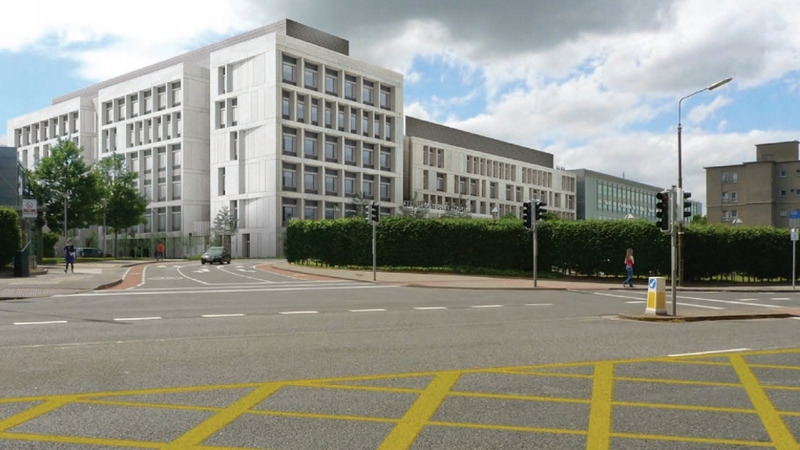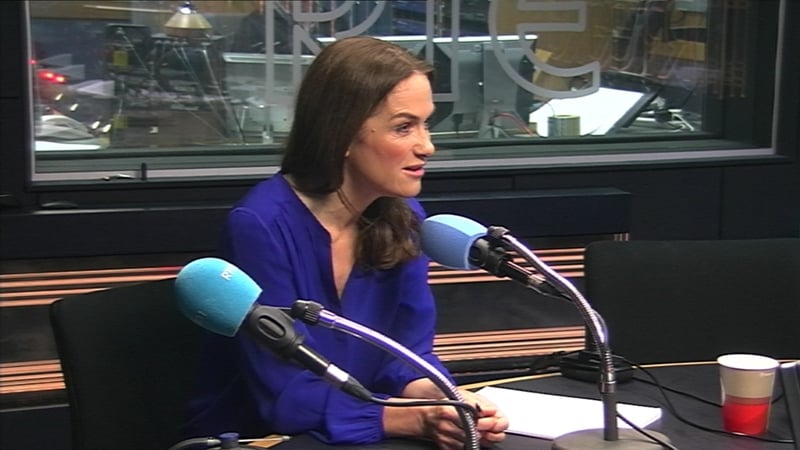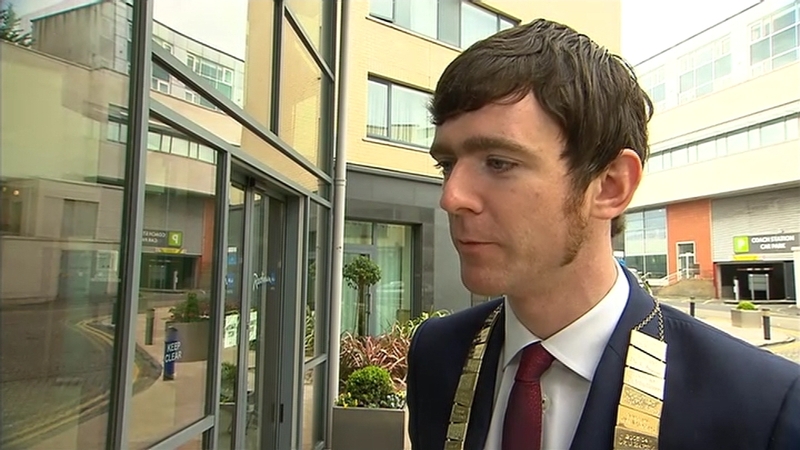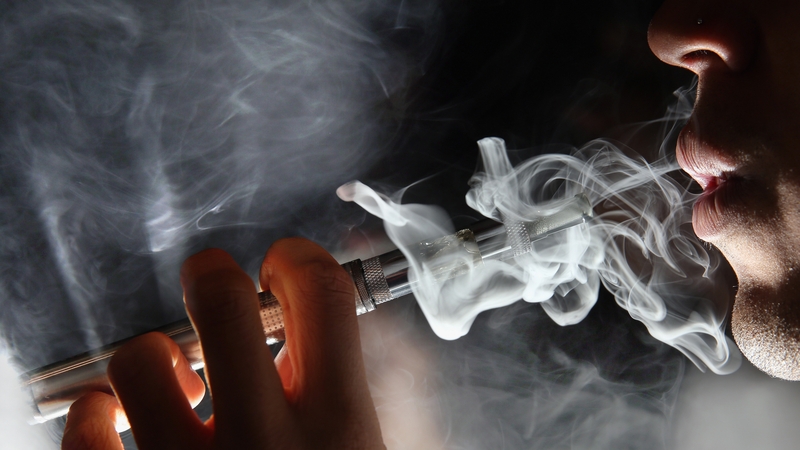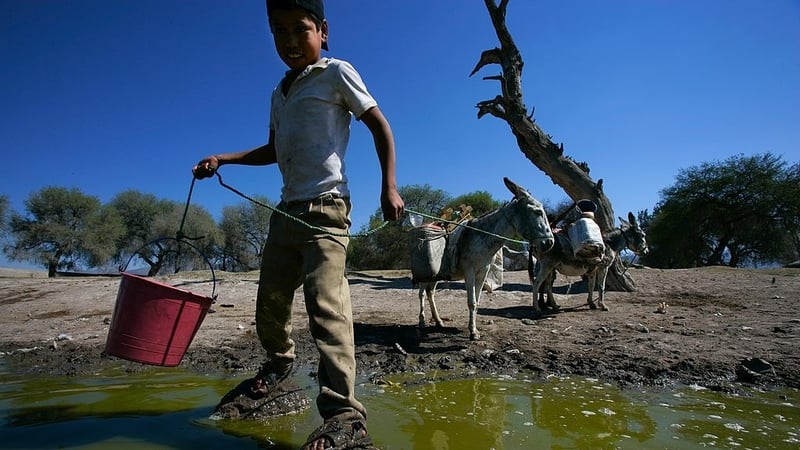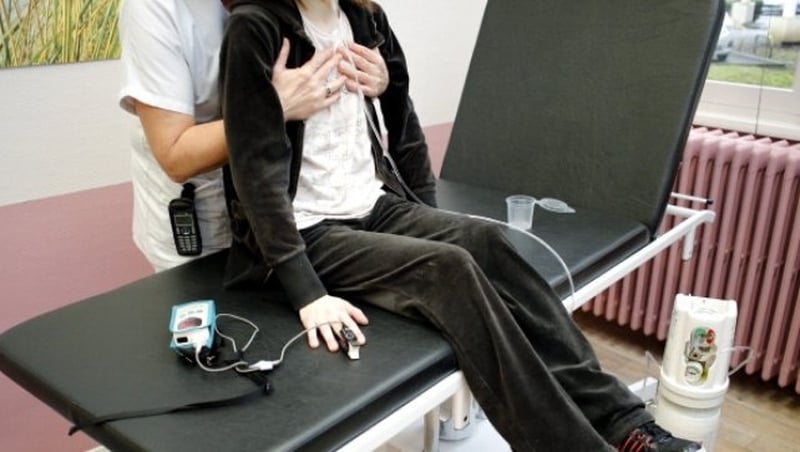A special report by the Environmental Protection Agency has found that drinking water quality in private water supplies is consistently poorer, than public water supplies.
It also found that almost 40% of private water supplies were not monitored for E. coli contamination.
However, 70 of the supplies that were tested were found to be contaminated by human or animal waste at least once during the reporting year.
The EPA said that the lack of regular monitoring for E. coli is worrying as users may unwittingly be drinking water that is of poor quality which could expose them to serious illness.
It said this is especially so for people who are vulnerable, such as children, older people, or those with low immunity or underlying medical conditions.
One fifth of the population in Ireland, mostly in rural areas, get their drinking water from the country's 2,700 private water supplies.
It is provided by group water schemes, small supplies, or wells operated by the owners of buildings or businesses as part of a public or commercial activity.
According to the EPA report the water supplied to 270 hotels, restaurants, or other premises serving food, as well as 99 national schools or childcare centres, and 23 nursing homes are not monitored for E. coli contamination.
It also said that over 50,000 household wells in Ireland are contaminated with the E. coli bacteria arising from animal or human waste.
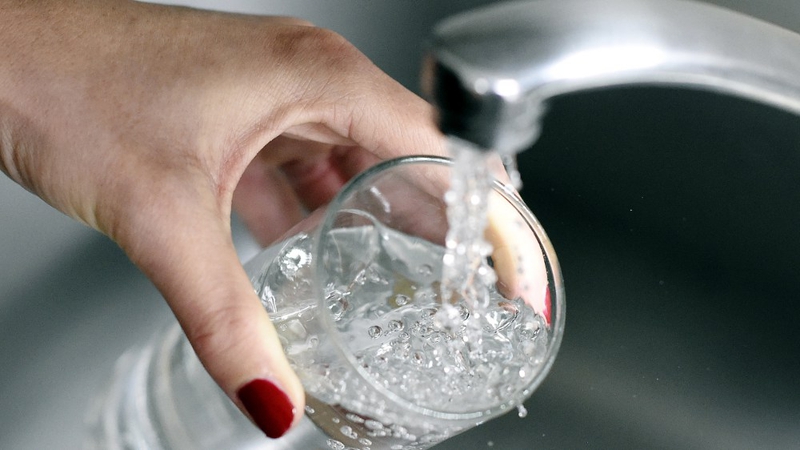 EPA said that the lack of regular monitoring for E. coli is worrying
EPA said that the lack of regular monitoring for E. coli is worrying
The report pointed out that the HSE has reported that the number of cases of VTEC, which is a pathogenic form of E. coli, has more than doubled in Ireland since 2011.
It said that Ireland has the highest incidence of VTEC in Europe and that patients infected with this strain of the E. coli the bacteria are four times more likely to have consumed water from household wells.
Boil water notices were imposed on 94 private water supplies during 2015 affecting 5,400 people, which is more than are currently affected by boil water notices in public water supplies today.
The boil water notices affected six counties. However, 85% of those affected lived in just three counties, Wicklow, Limerick, and Offaly. The other counties were Laois, Sligo, and Cork.
The EPA said that further improvements are required to ensure that people on private water supplies have access to clean and wholesome drinking water.
Senior Inspector Darragh Page said local authorities have extensive enforcement powers to ensure that action is taken where water quality issues are identified and they should exercise these powers to ensure that consumers are protected.
Speaking on RTÉ's Morning Ireland, Mr Page said: "We know that almost 40% of those supplies were not monitored last year. We are also calling on local authorites to use their enforecement powers to regulate these supplies.
"To go out, carry out an audit on these supplies, identifying those that are quality deficient and requiring those water supply owners to improve those supplies."
He said penalties can be imposed.
"Local authorities have the power to take a prosecution if they direct a water supplier to improve the water supply and they don't. The fine can be up to €5000 or three months in prison."
He said there are grants available of up to 75% of the cost for people to remediate their wells.
